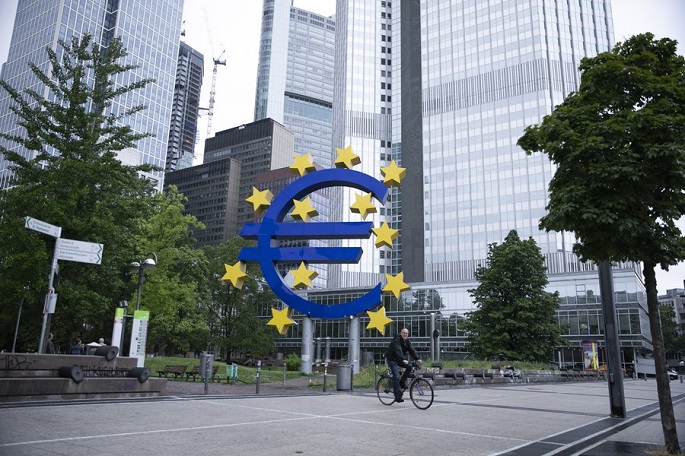Eurozone inflation falls to 3-year low in August
Published : 31 Aug 2024, 01:13
The Eurozone's annual inflation rate fell to 2.2 percent in August, down from 2.6 percent in July, marking its lowest point since July 2021, according to a flash estimate published by Eurostat on Friday, reported Xinhua.
The main driver of inflation remains the price of services, which saw a year-on-year growth of 4.2 percent in August, up from 4 percent in July, according to the European Union's (EU) statistical office.
Food, alcohol, and tobacco prices registered an annual inflation rate of 2.4 percent, slightly higher than July's 2.3 percent.
Non-energy industrial goods saw a decrease in inflation, from 0.7 percent in July to 0.4 percent in August. Meanwhile, energy prices recorded a negative growth in August, falling by 3 percent, compared to a 1.2 percent increase in July.
Among EU member states, Belgium had the highest year-on-year inflation rate at 4.5 percent, down from 5.4 percent the previous month. Estonia and the Netherlands also registered high inflation rates at 3.4 percent and 3.3 percent, in respective.
Conversely, Lithuania saw the lowest inflation rate at 0.7 percent, down from 1.1 percent in July, followed by Latvia at 0.9 percent, up from 0.8 percent in the previous month. Ireland, Slovenia, and Finland recorded inflation rates of 1.1 percent, compared to 1.5 percent, 1.4 percent, and 0.5 percent in July, respectively.
Among the major economies, Germany's inflation rate stood at 2 percent in August, down from 2.6 percent the previous month; France's consumer price index (CPI) was at 2.2 percent, down from 2.7 percent; and Spain's CPI at 2.4 percent, down from 2.9 percent in July.
Bert Colijn, a senior analyst at ING, noted that the drop in Eurozone inflation was largely driven by falling energy prices, indicating a slowly improving inflation environment. However, he said it's important to focus on core inflation indexes, as energy prices tend to be volatile.
Core inflation dropped slightly from 2.9 percent in July to 2.8 percent in August. Colijn attributed the persistently high price of services, especially in the context of the Paris Olympic Games, to this slight decrease in core inflation. "Overall, we expect a continued deceleration but don't expect core inflation to drop below 2.5 percent for the rest of the year," he said.
Colijn foresees a possible rate cut of 25 basis points by the European Central Bank (ECB) in September as part of a slow and gradual process of easing economic constraints.
The ECB left interest rates unchanged at its meeting last month after reducing rates by 25 basis points in June, the first cut since September 2019.


